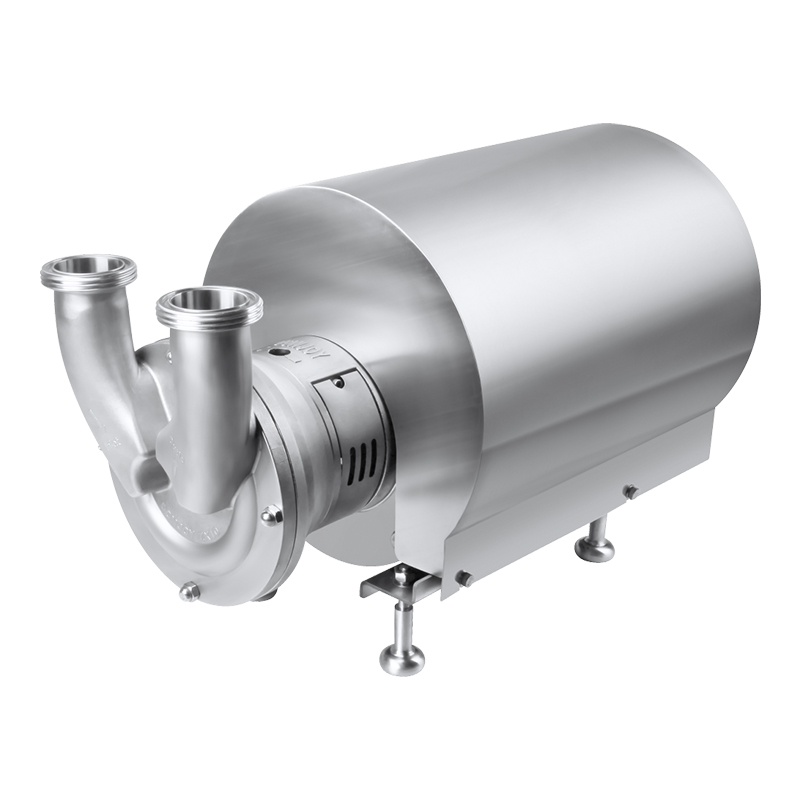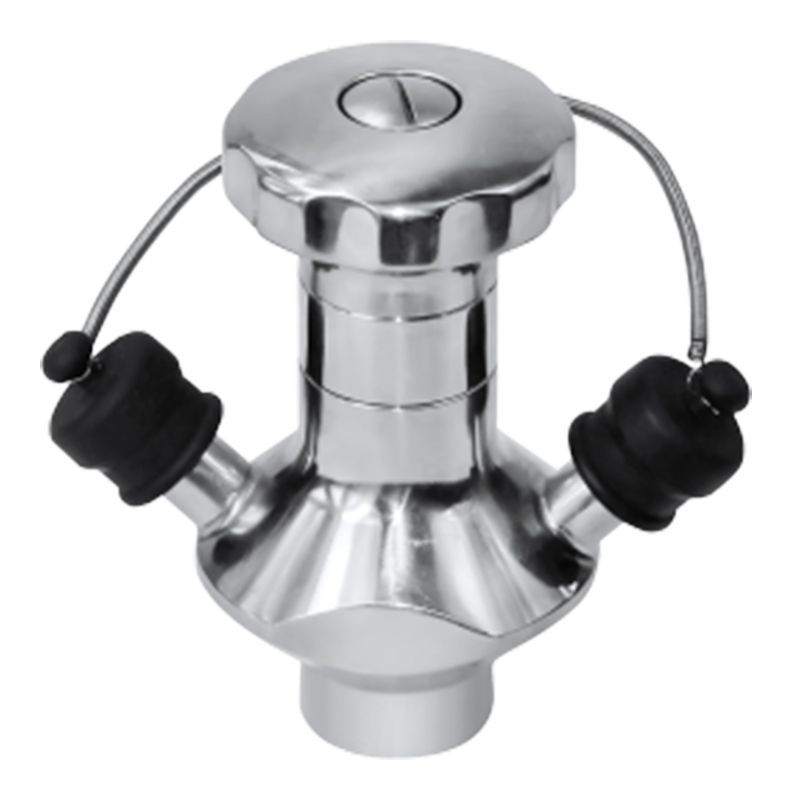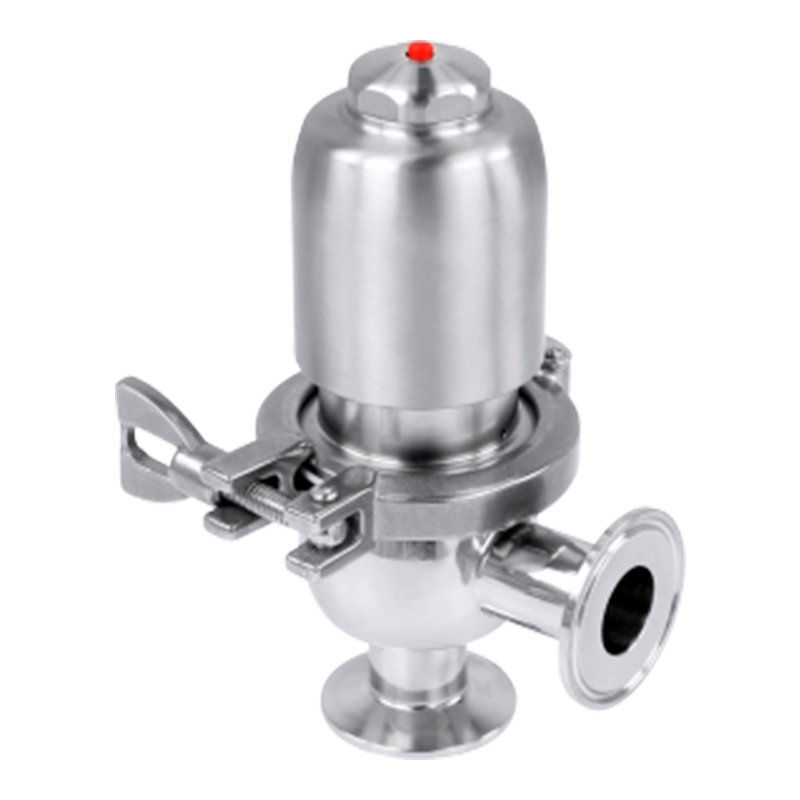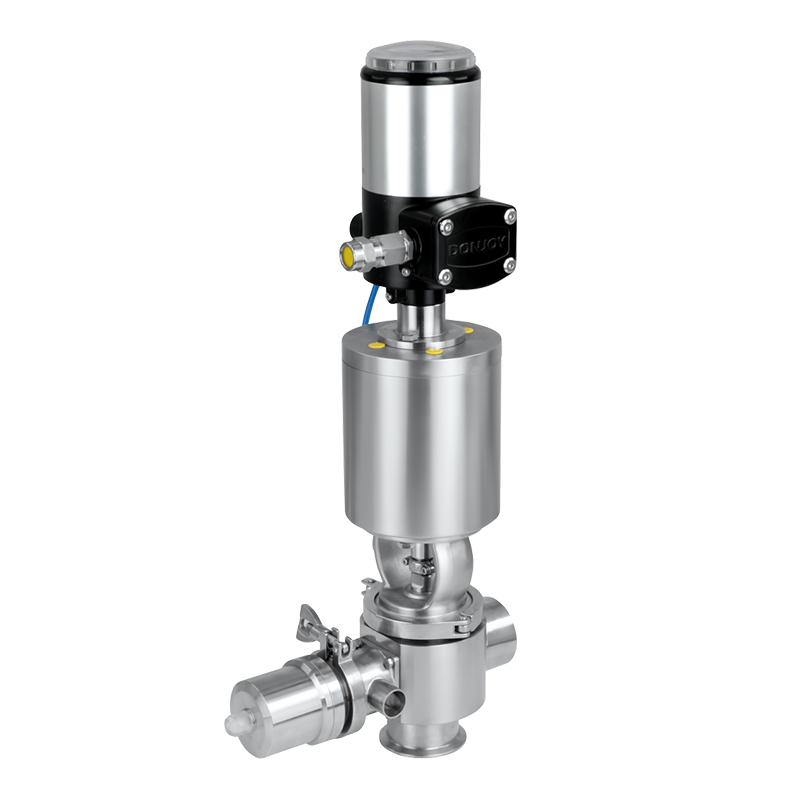Centrifugal pumps are versatile machines designed to move fluids through piping systems by converting rotational kinetic energy into hydrodynamic energy. Their wide range of applications spans various industries, owing to their efficiency, simplicity, and ability to handle diverse fluid types. Here’s a comprehensive look at the uses and significance of centrifugal pumps across different sectors:
1. Water Supply and Treatment: Centrifugal pumps play a crucial role in municipal water supply systems, boosting water pressure for distribution and facilitating water treatment processes such as filtration and disinfection.
2. Chemical Processing: In chemical plants, these pumps transfer chemicals between tanks, reactants, and processing units. Their ability to handle corrosive and abrasive fluids makes them indispensable in chemical manufacturing.
3. Oil and Gas: From offshore platforms to refineries, centrifugal pumps move crude oil, refined products, and wastewater. They facilitate extraction, processing, and transportation within the oil and gas industry.
4. Food and Beverage: Centrifugal pumps are used to transport liquids like milk, juices, and syrups in food processing plants, ensuring hygienic and efficient transfer without contamination.
1. Heating, Ventilation, and Air Conditioning (HVAC): In HVAC systems, these pumps circulate coolant fluids like water or refrigerants through heating and cooling units, maintaining optimal indoor temperatures.
2. Swimming Pools and Spas: Centrifugal pumps circulate water in recreational facilities, ensuring filtration, sanitization, and water movement to maintain cleanliness and comfort.
3. Agriculture: They aid in irrigation systems by pumping water from wells or reservoirs to fields, enhancing crop growth and productivity.
* Building Services: Centrifugal pumps are integral to fire protection systems, boosting water pressure for firefighting operations and ensuring safety in residential, commercial, and industrial buildings.
* Dewatering: In construction sites and mines, these pumps remove excess water from excavation sites, tunnels, and basements, facilitating safe working conditions and preventing flooding.
* Power Generation: Centrifugal pumps circulate cooling water through power plants, ensuring efficient operation of turbines and heat exchangers in both conventional and nuclear power generation facilities.
* Marine Industry: They serve critical roles in ships for ballast systems, bilge pumping, and firefighting, contributing to vessel stability and safety at sea.
* Efficiency: They operate at high speeds and offer continuous fluid flow, minimizing energy consumption and operational costs.
* Reliability: Centrifugal pumps have fewer moving parts, reducing maintenance requirements and enhancing long-term reliability.
* Versatility: Their ability to handle various fluid viscosities and temperatures makes them suitable for a wide range of applications across industries.
In conclusion, centrifugal pumps are indispensable in modern society, supporting essential processes across industries from water supply and chemical processing to construction and marine operations. Their efficiency, reliability, and versatility make them a cornerstone of fluid handling systems, contributing to productivity, safety, and sustainability in diverse sectors globally.





According to ASME BPE, EHEDG, FDA and 3A standard, DONJOY got certificates of PED-97/23/EC and MD-06/42/EC issued by TUV, ……